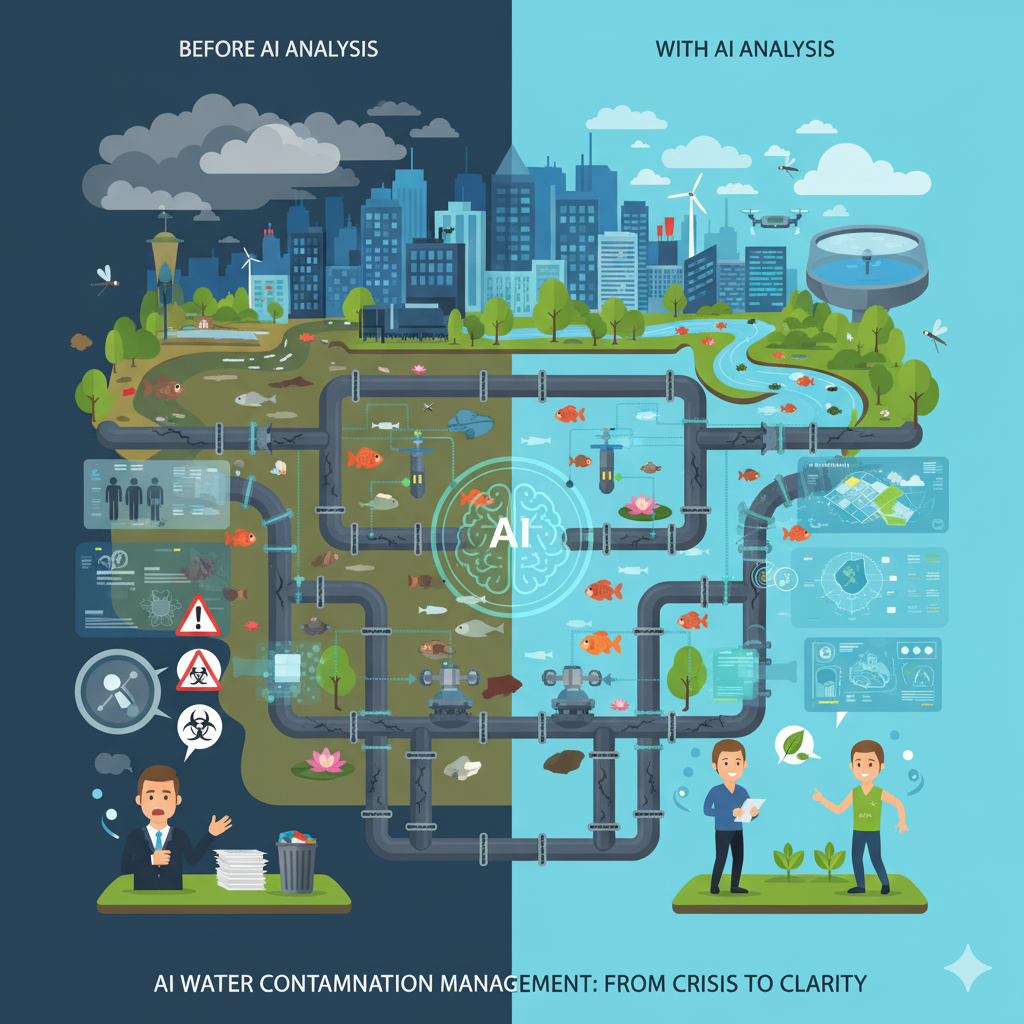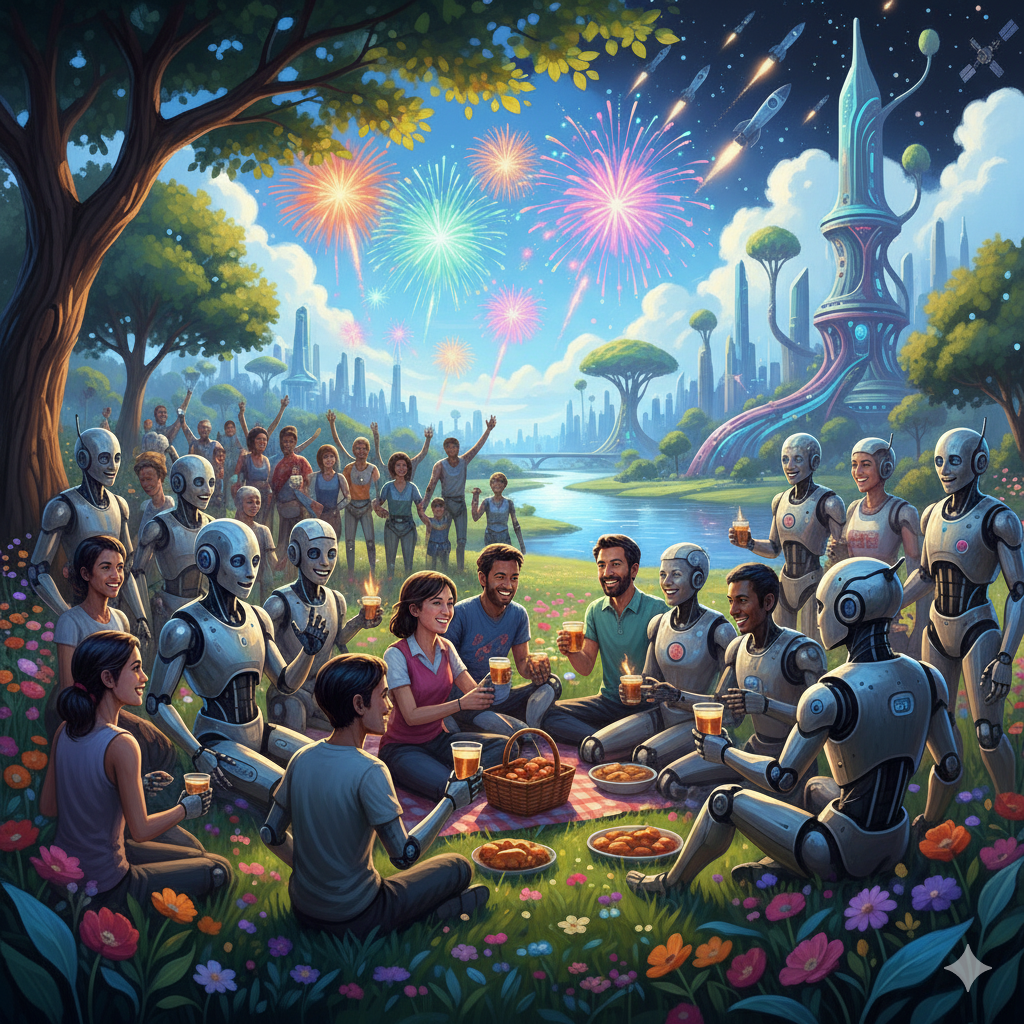Artificial Intelligence from a Novice’s Perspective
November 30, 2024 | by Floyd A. Brown

In using AI to define itself, ChatGPT currently returns the following response:
“Artificial Intelligence (AI) refers to the field of computer science dedicated to creating systems or machines that can perform tasks typically requiring human intelligence. These tasks include things like understanding natural language, recognizing patterns, solving problems and making decisions….Narrow AI…weak AI…is designed for specific task…Examples…voice assistants like Siri…image recognition software. General AI…Strong AI…possess the ability to understand, learn, and apply intelligence across a broad range of tasks…” (OpenAI)
What is Artificial Intelligence
Artificial Intelligence (AI) is a field within computer science focused on creating machines that are modeled to operate with human like intelligence, problem solving skills, decision making capabilities. AI systems are like infants learning by trial and error, building experience through analysis of countless samples until they learn to recognize patterns, solve problems or make suggestions in natural language systems.
AI is a subset of artificial intelligence. Machine Learning is a subset of AI while Deep Learning is contained within the discipline of Machine Learning. Data Science overlaps these three areas. AI can learn in multiple ways. We can train AI on vast data sets for optimized patterns of most likely answers. This approach relies on vast data stores such as the Internet. The challenge with using the Internet for training data is there may be fake information that can impact the quality of AI processes. For example, societal and political injustices such as racial bias and stereotypes, and societal marginalization can creep in and reflect in AI processes if not accounted for properly in the development of these platforms. Another approach to AI development or machine learning, are self-taught algorithms that go through a vast cycle of trial and error to “learn” an optimized response or solution based on an incentivized reward, such as a small margin of error. One of the limits of artificial intelligence now is that machines are not empathetic or as creative as humans. They excel at other human qualities of reasoning, recognizing patterns and solving complex questions. However, faster processors, deep learning and access to vast troves of data are creating black box systems so advanced that we will not know we are interacting with an artificial intelligence device. The greatest potential for AI is working in partnership with people, to unlock new economic opportunities, solving critical issues faced around the world and bringing us closer to the futuristic world imagined in Star Trek or the Jetsons.
Growing Experience in Use of AI
We continue to grow in our interaction with AI via digital assistants such as Siri to do voice search to check the weather. Platforms such as Netflix movie recommendation list is a way in which millions interact with AI in a subtle way (Masters in Marketing). Our home security cameras also leverage AI in use of machine vision features that differentiate and notify us of vehicular and person movement on a property. Furthermore, the AI search capabilities that recognize people objects is awesome to pinpoint exact events in descriptive search options.
References
OpenAI. (2024). ChatGPT (August 2024 version) [ChatGPT 40 mini]. https://chatgpt.com/
Masters in Marketing. (2017, January 30). What is Artificial Intelligence (or Machine Learning)?. YouTube. https://www.youtube.com/watch?v=mJeNghZXtMo.
RELATED POSTS
View all



